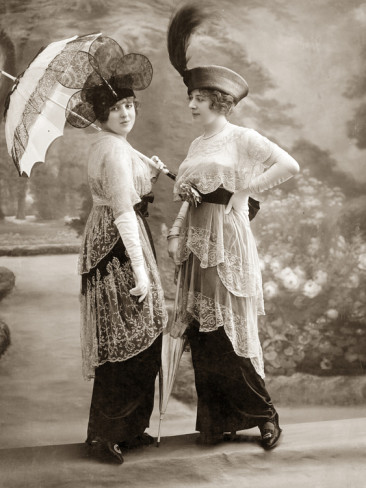Engaging in a little time travel
My daughter and I visited my mother today. While I helped my Mom with a few things, my daughter ferreted around in my Mom’s bookshelves, and discovered something I didn’t know existed — a book in which my grandmother’s friends at her finishing school in Lausanne, Switzerland, wrote her farewell letters when she graduated and moved back to Belgium in 1913.
As befitted a young woman of her class back in the day before WWI began, my grandmother was multilingual, so the messages in her book were in French, German, Dutch, and English. The young ladies all included their home addresses — in Belgium, France, Switzerland, Germany, Holland, America, Scotland, England, Wales, Romania, and Persia (Tehran). Each inscription was written in beautiful copperplate and the girls all drew exquisite little flags reflecting each girl’s country of origin.
Since I, unlike my grandmother (and my parents), am not multilingual, I was able to read only the inscriptions from my grandmother’s English-speaking friends. I have no word for how charming these little missives were. An American girl wrote about the irony that she and my grandmother hated each other at first sight, only to become close friends by the end of their time together. An English girl wrote about the “jolly good times” they had going to concerts with “modern” music consisting of one note, played so low no one could hear it. Another girl wrote about the disappointment of endless dinners consisting of macaroni and disappointingly watery “chocolate creme.”
The book would have been delightful no matter when it was written, but there was a special poignancy to the fact that these young women were recording the last year before the Great War forever ended the innocence of the 19th century and began the 20th century’s battle with and slide into socialism. One can so easily imagine them heading out for the day in Lausanne, carrying delicate parasols, wearing their hair plaited and curled under lacy, feathered or flowered hats, and clad in dresses that ended demurely just above their ankles. For all but the young woman from Persia, the next five years would see their familiar worlds destroyed. Their brothers, cousins, fathers, husbands, and boyfriends would have marched off to war and, if they returned, they would have carried scars, some visible, some buried deep within.
My grandmother had a hard time of it during WWI, as her German father was sent to prison in Belgium for the duration of the war. Thankfully, he was a man of so much charm and rectitude that, at war’s end, the stigma attached to imprisonment vanished, and he was quickly able to resume his career as a very wealthy banker. The Belgian Army also conscripted the family’s beloved German Shepherd, Fricki. When he left, he was a darling dog, who every day delivered to his master the newspaper and a pair of slippers. When Fricki returned at war’s end, he had been so brutalized by his experiences on the front line that he had to be put down. Humans aren’t the only casualties of war.
I don’t have any pictures of my grandmother at this time, as my mother cherishes them and won’t release them. Having seen the pictures, though, I can tell you that she my grandmother and her friends would have looked something like this in 1913:

